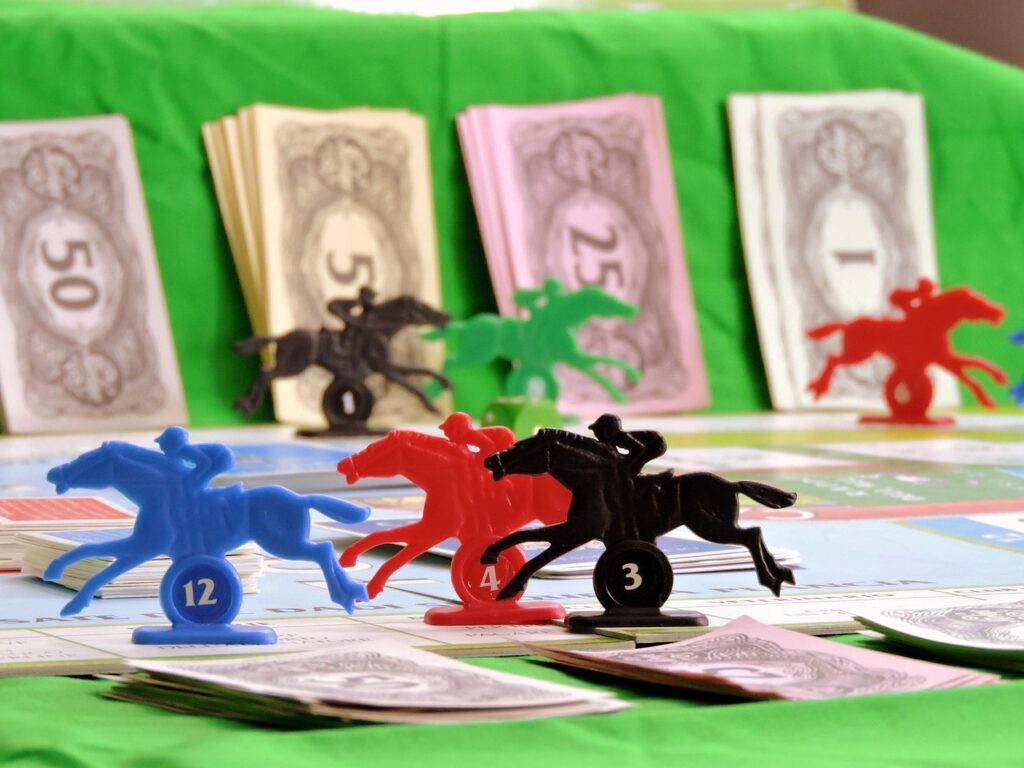More on the Scourge of Sports

Historically, a scourge was originally a small whip, and over centuries the definition expanded to mean any circumstance that inflicts vengeance, punishment, and misery. A previous AddictionNews post was titled “The Scourge of Sports,” and on that topic there is more to know. Some of it was said by Alex Perry in a very informative and insightful piece of journalism titled, “Online sports betting has never been easier and that’s sorta terrifying.”
A nonprofit organization, the National Center for Responsible Gaming, undertakes research into gambling addiction, and this is the sort of information they specialize in. Apparently, only around 1% of Americans (which encompasses around 2.5 million adults) have a gambling problem classified as “severe”, but that is enough to cause widespread devastation and suffering among the affected population, which includes family members and other people in their lives. Perhaps surprisingly, the affected demographic includes a disproportionate number of young adults.
The definitions of this problematic behavior include “betting unreasonably high dollar amounts to increase the excitement, chasing losses (going back for more after losing money to break even), and lying to others about it.” That description comes from the American Psychological Association.
For decades, sports betting was either illegal or barely tolerated, and involved at least the exertion required to actually visit the arena or track or at least the bookie’s hangout. However it was done, betting on sports was pretty much regarded as a lowlife sort of hobby, involving some embarrassment or even shame on the part of the bettor. Now, it is encouraged by lengthy and gaudy advertising campaigns.
Several factors have brought us to where, in recent years, regardless of the amounts involved, many people have come to the realization that placing bets legally by phone, from the comfort of the home sofa, has become just a bit too easy. Perry describes his personal psychological experience while watching a televised NFL playoff game in which he had a financial interest, and during which he worked up a righteous anger at the team’s head coach:
I felt like the biggest loser on the planet… My thinking became conspiratorial; my mind convinced a millionaire football coach I’ve never met was playing me like a fiddle…
More than the money lost, it was the sour inner experience that made him start to wonder if betting on sports was really as much fun as he had tried to convince himself it was. Of course, Perry wrote, simply losing money is a step up from losing money by a method that could put a person behind bars. But still, the unavoidable truth is that “easy online access to sports betting could be legitimately dangerous for some people.” The current situation also invites bitter sarcasm, for example…
The group that’s most addicted to gambling is our governments. They’re addicted to the enormous revenues that are generated as a result of wagering.
Getting back to the disproportionate number of college-age Americans involved in legalized sports betting, psychology professor Jeffrey Derevensky gave the journalist some worrisome quotations, including the description of young adults as “the big risk takers, they’re the people who think they know everything.” Somehow the experience of a sports-saturated existence, in terms of time spent watching and discussing games, translates into a deeply-held personal conviction that one actually knows a lot about sports, or at least enough to risk next year’s tuition fund.
But no matter how many statistics a person memorizes, or how intimately they know an individual athlete’s medical history, personality, and win-lose figures, very few really know enough to make a difference against the vast randomness that can affect the outcome of contests.
If a person feels compelled to gamble anyway, Perry recommends the guardrail system, which involves erecting personal, self-enforced barriers, like setting a strict amount limit and/or an unbreakable frequency rule. (As connoisseurs of addiction, we all know how well that plan generally works out.)
For a workable set of regulations, he sought out an expert: Dr. David Greenfield, of the Center for Internet and Technology Addiction, who suggested the following precepts:
Understand that you don’t have any kind of edge, or that you don’t know something that nobody else knows. Only bet what you can afford to lose. Don’t bet based on emotion or, in other words, don’t just bet money on players or teams you like.
Written by Pat Hartman. First published August 1, 2025.
Source:
“Online sports betting has never been easier and that’s sorta terrifying,” Mashable.com, February 23, 2022.




